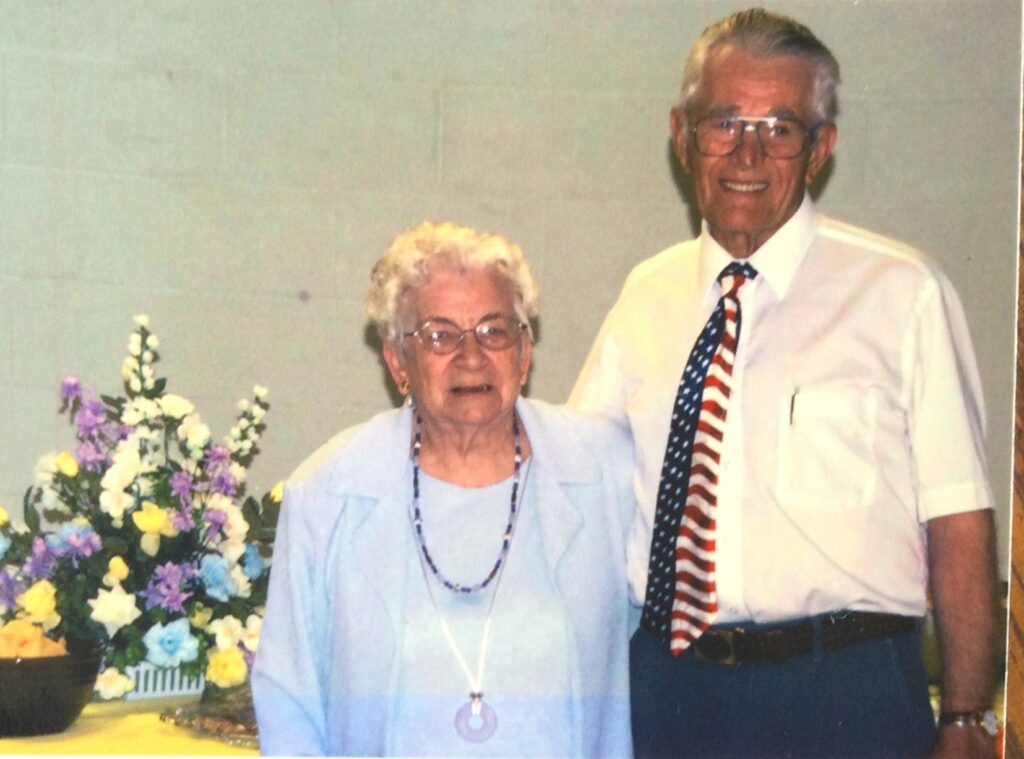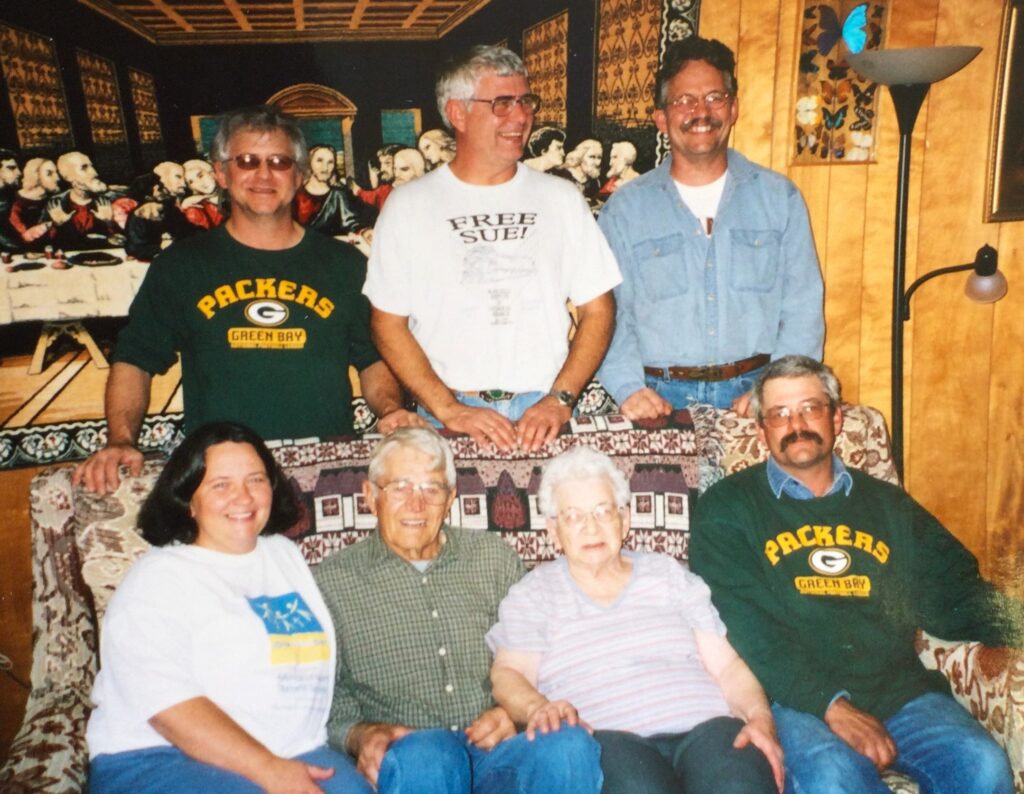Daily News columnist Dennis McCarthy wrote (“Church Organ Player Says Poignant Goodbye,” January 28) that Canoga Park Lutheran Church’s Christine Benich is retiring.
At 97, she has been playing the organ for services since they joined the congregation in 1955. The reason she is finally retiring after 68 years is because she is going blind and can no longer read the notes.
In the story she said, “You ask yourself why, but you know your time is going to come and this is it for me,” she said. “It’s not easy. I realize I can’t come here anymore and play, can’t put a book in front of me, and read music. I’m sad.”
I thought of my Aunt Gertrude (Ploetz) Larson, who served as the organist in the Lutheran Church in Mission, a little town on the Rosebud Reservation. Almost every Sunday for 69 years, she played the church organ, until her eyesight started to fail.
Benich attended the Chicago Conservatory of Music to be a classical pianist.
My aunt, who was born in Wisconsin, went to school to become a teacher, and started playing for church services when she was 21.
Benich became an executive secretary to help the family, “putting my music to rest for many years.”
Larson married in 1948 and went to live with her husband, Neal, on a farm outside of Mission, South Dakota, but continued to play the church organ.
By today’s standards, these women would have been considered marginalized, and “stuck” in the woman’s roles – unequal and in the shadow of the more important male.
Benich not only played the organ for the church, but also was the director of the school choir (at one time the congregation was 800 members, with a school of 200 students). A new church was built to house the congregation. Now there are 180 members and no school.
Larson played for a congregation of 100 at its height, when a new church was built. She and an older lady took turns playing the organ, but when that woman died Larson was the sole organist. She also had a beautiful soprano voice and directed the church choir.
Then congregants moved off the reservation, and that congregation dwindled to 25. But Larson continued to play Sundays, year-round.
What strikes me as remarkable is that two women, used their talents to benefit hundreds, even thousands of people for years. Somehow that is not considered extraordinary because they were not CEOs or famous scientists.
These women would never be legitimized today by feminists and the current culture, because they made the choice to be a partner and put “greatness” on hold.
Although McCarthy never writes whether Benich had children, Larson and her husband had four boys and a girl.
The daughter, Jill, is a teacher on the Rosebud Reservation. The youngest son, John, took over the farm. Two of the sons, Peter and Neal, are well-respected dinosaur specialists. Peter (Black Hills Institute of Geological Research) is the person who discovered the T-Rex Sue. He also uncovered that the fact that the T-Rex Shen that was supposed to be auctioned by Christie’s in November might not be authentic. The oldest son, Mark, is the father of five and supported his kids working as a mechanic.
Is there something more important than raising children, who become productive members of the society? Is there something more important than being an equal in a relationship?
It also seems that people are not recognized for years of volunteering, especially if it has religious connotations.
McCarthy said that Benich played “God Rest Ye Merry Gentleman” from memory for him.
My aunt Gert seemed happy to see me when I visited her shortly before she died in 2018 (her husband had passed two years earlier). Neither woman appears to have regrets for the choices they made. Both were extraordinary, living ordinary lives.




WORTHY of inclusion.
Thank you, Sue.
I almost skipped this story, which would have been a grave mistake.
You mention “today’s standards” which are transitory, not to mention only the standards the so-called main stream media push on us.
Remembering these women brightened my day. They made me think of women in my own family and reminded me what constitutes greatness, including the greatness found everywhere among free people.